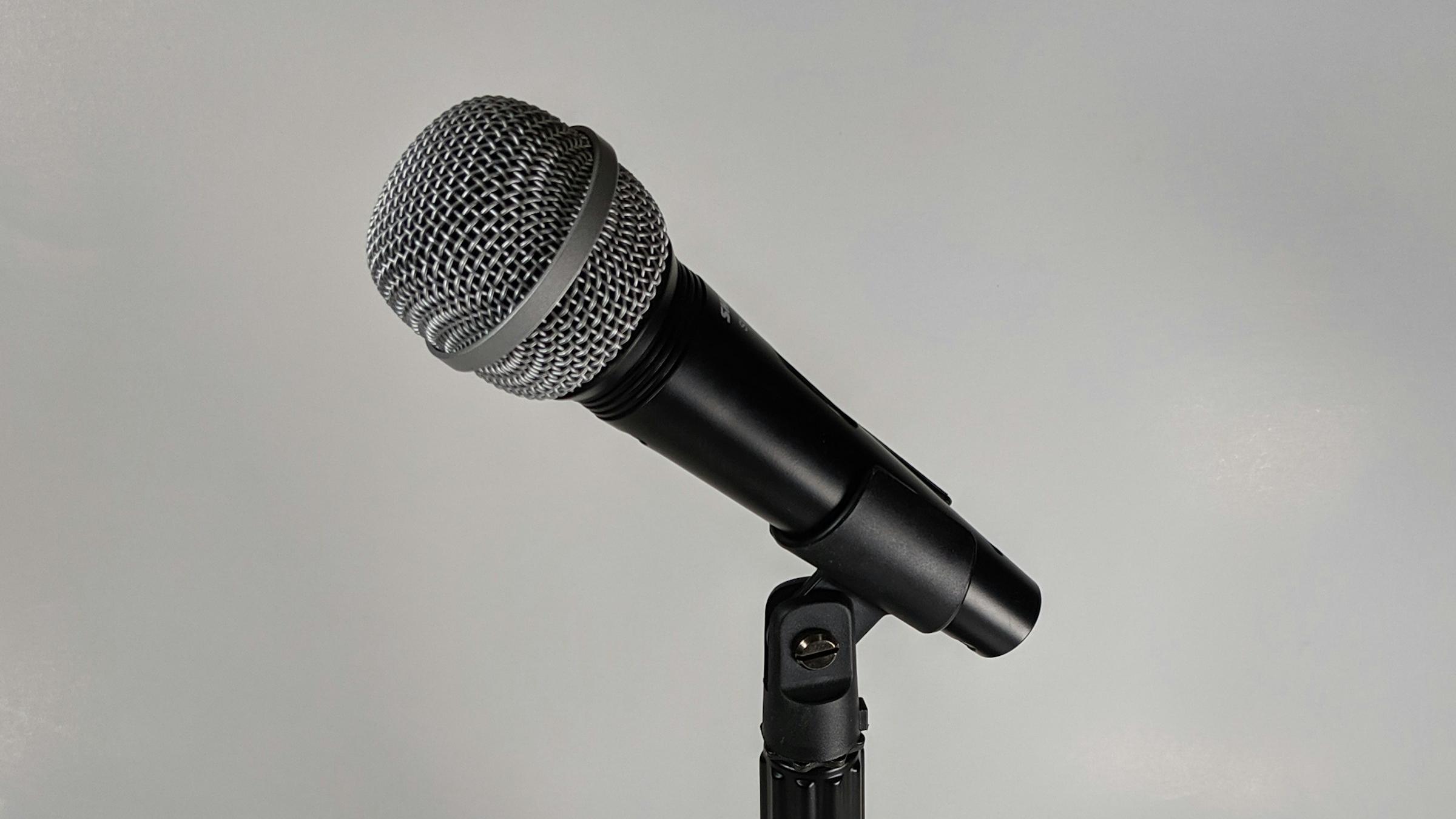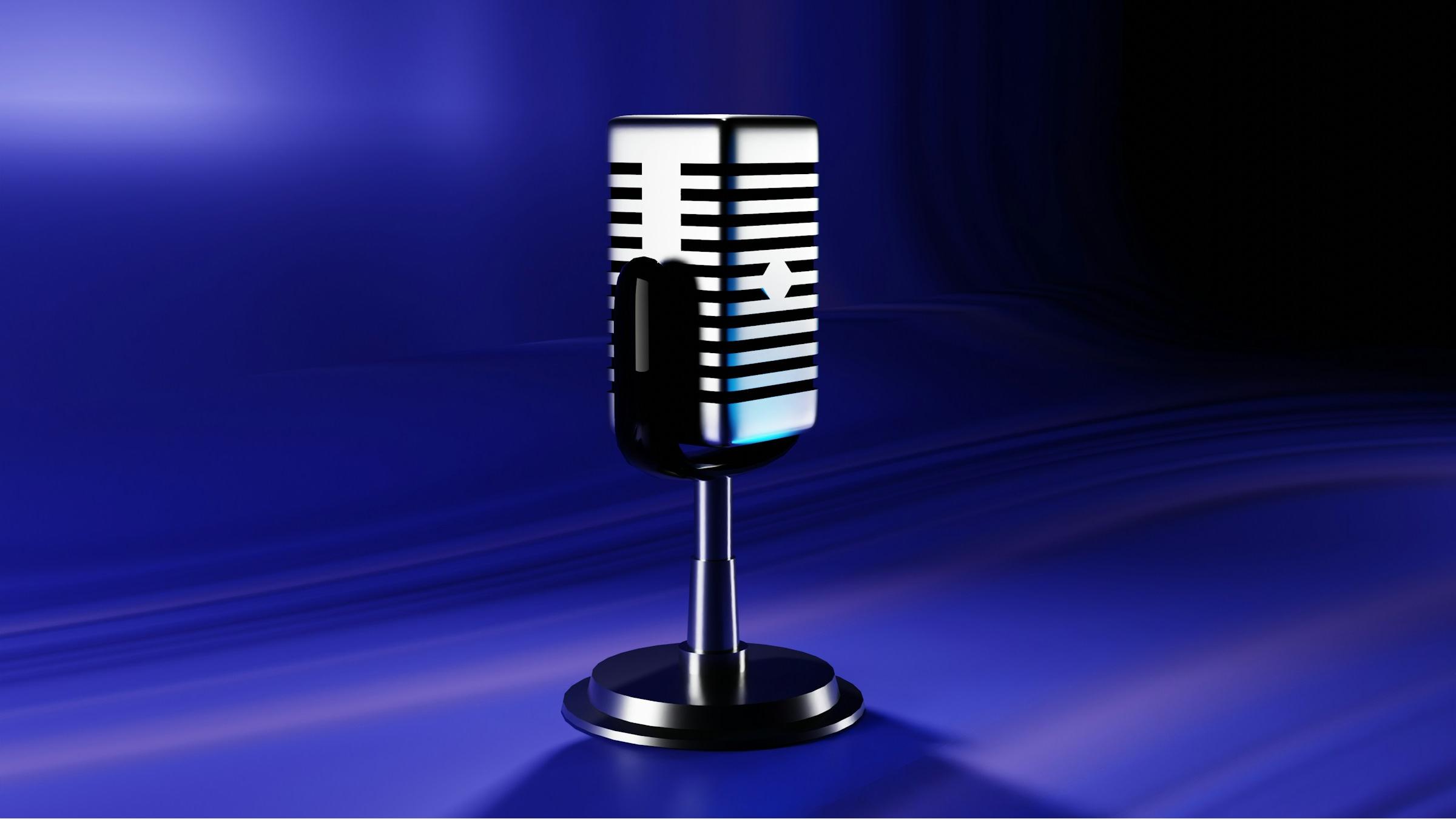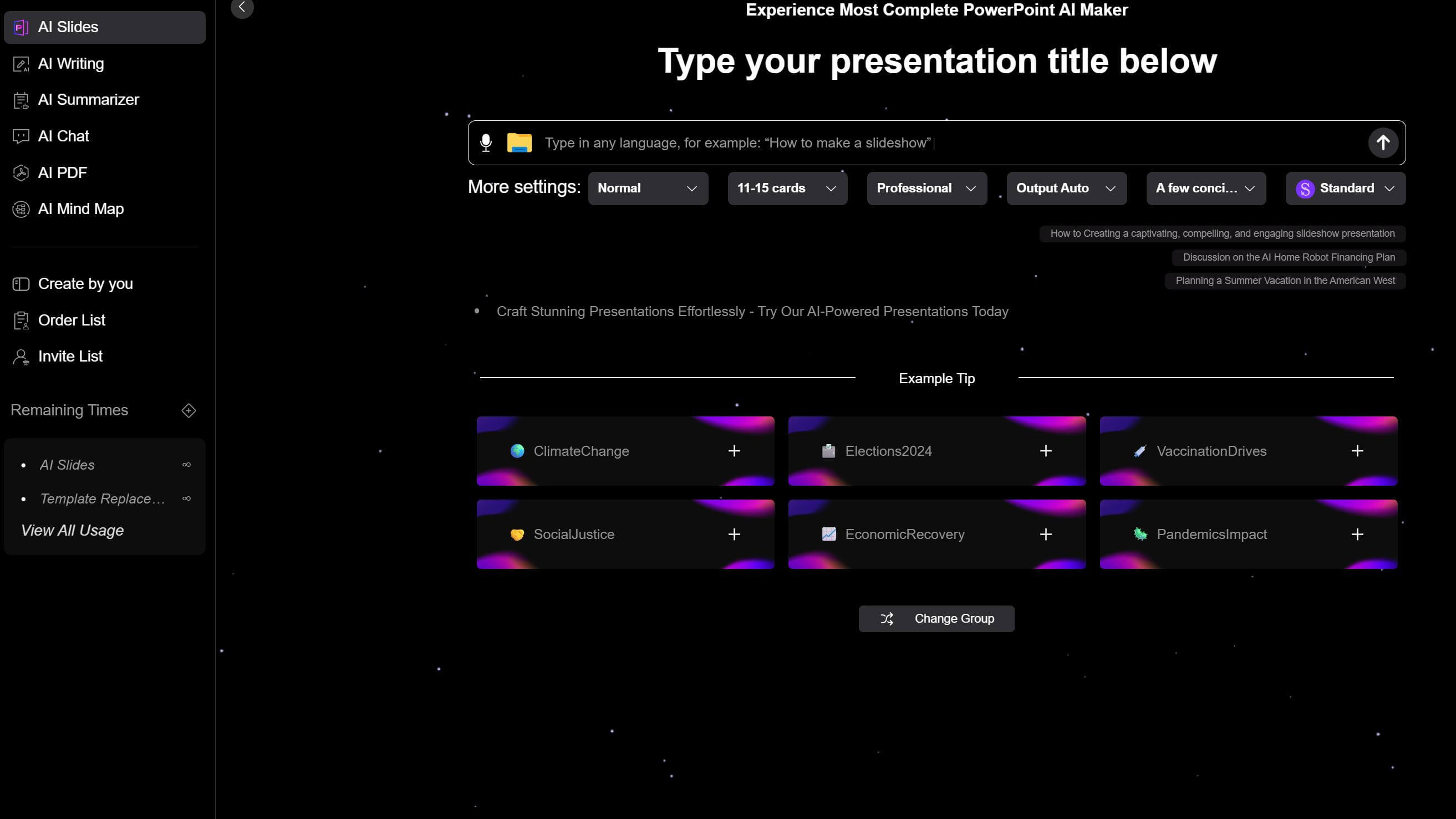
When giving a speech, in most cases, we are not improvising. Usually, we prepare a speech script in advance.
Memorizing the script and being able to deliver it fluently and naturally during the speech can provide the audience with a better experience.
How to memorize a speech quickly? This guide shares techniques to improve speech memorization.
Why Memorize a Speech?
Boost Confidence
When a speaker memorizes the speech, they feel more assured on stage. This reduces nervousness and anxiety caused by worrying about forgetting content, allowing them to express their ideas with greater confidence.
Enhance Fluency
Memorizing a speech enables the speaker to deliver it more smoothly and naturally, maintain the pacing of the speech, and help the audience follow the speaker’s train of thought more effortlessly.
Deepen Understanding of the Topic
The process of memorizing a speech requires the speaker to gain a thorough understanding of the speech’s theme, key points, and supporting arguments.
This allows the speaker to elaborate on ideas more effectively during the presentation and address potential questions from the audience.
Build a Professional Image
A confident, poised, and fluent delivery helps the speaker establish a strong, authoritative image in the minds of the audience, enhancing the speech’s credibility and persuasiveness.

Techniques to Memorize a Speech
1. Create an Outline
In the outline, clarify your speech’s topic and core ideas, organize the overall logical structure, and define the connections between different sections.
It’s difficult to memorize every word of a speech verbatim, but remembering the outline is much easier. If you forget specific details during the speech, you can improvise based on the outline.
Content memorization built on a logical framework is more durable than rote memorization.
2. Chunked Memorization
Divide the speech into smaller sections based on meaning or structure, focusing on memorizing one chunk at a time to reduce cognitive load.
Ways to chunk a speech:
■ By theme or point
Example: A speech about environmental protection might cover the current status of environmental pollution, the causes of pollution, and environmental protection measures. You can memorize each theme separately.
■ By structure
Divide the speech into the introduction, main content, and conclusion.
■ By examples
If your speech includes specific case studies or stories to support your points, memorize these as individual chunks. For many, stories are easier to remember than theoretical or conceptual content.
■ By chronological order
For speeches organized chronologically (e.g., historical events, personal growth stories), you can divide the content into chunks based on different time periods.
3. Conceptual Visualization
As the saying goes, "A picture is worth a thousand words." You can create mental images for the speech content, transforming text into vivid scenes.
For example, when describing an event, visualize the setting, characters’ actions, and expressions. This makes the memory more profound and tangible.
4. Audio Recording Memory Method
Record yourself reading the speech aloud, then replay the audio during downtime (e.g., commuting, walking, or doing chores). Repeated auditory input strengthens memory retention and helps you internalize the speech’s rhythm, tone, and pacing.
5. Use Visual Aids
If your speech involves slides, images, or videos, leverage them to aid memorization:
📚 Directly insert your outline text into the slides, but keep each slide visually clean by limiting it to a few key points. This not only reminds you of the content but also prevents missing critical information.
🌿 If you plan to display images during the speech, treat them as memory checkpoints to signal which section you are presenting, helping you stay on track.
6. Practice Repeatedly
Start by reading the speech aloud multiple times to familiarize yourself with the pronunciation, tone, and rhythm, as auditory repetition strengthens memory retention.
Next, simulate a formal speech by practicing in front of friends or colleagues. This tests your memorization while revealing flaws in delivery or body language, allowing for adjustments.
If practicing publicly feels awkward, record yourself via audio or video for self-review.
Finally, revisit the content periodically to prevent forgetting it over time.

Notes on Memorizing a Speech
❌ Avoid word-for-word memorization
• Do not mechanically memorize every single word, as this increases the risk of freezing if you forget a line.
• Focus on understanding the speech’s logic and core ideas, and express them naturally in your own words.
❌ Do not neglect body language
• Practice gestures, eye contact, and facial expressions while memorizing to avoid robotic delivery.
❌ Avoid practicing in a single environment
• Memorizing only in a quiet room may lead to nervousness or forgotten lines on stage due to environmental changes.
• Try to practice in settings similar to the actual speaking venue.
❌ Do not cram last-minute
• Last-minute memorization often results in superficial retention. Start 3-7 days in advance and break the process into stages.
• Sleep is crucial for memory consolidation—avoid all-night cramming.
❌ Avoid over-reliance on prompts
• While it is helpful to create aids such as cue cards, you should not over-rely on them.
• Frequently glancing at prompts during memorization or delivery disrupts fluency, undermines confidence, and distracts the audience.
Leverage AI Tools to Enhance Memorization
Smallppt is able to create a compelling starting point for presentations in just minutes.
• AI Slides: Enter your speech topic or upload relevant files, and the AI will intelligently analyze the content to generate a text outline. You can also use this outline to request AI-generated slides with detailed content for each page.
• AI Summarizer: Summarizes reference materials for drafting your speech, boosting efficiency.
• AI Writing: Generates or revises content based on your speech topic, profession, and other details, providing inspiration and saving time.
• AI Mind Map: Clarifies the logical flow of your speech and visualizes connections between sections.

By mastering these techniques, you’ll not only learn how to memorize a speech but also improve your speaking skills and reduce nervousness.
Using Smallppt as an aid makes your efforts doubly effective.


